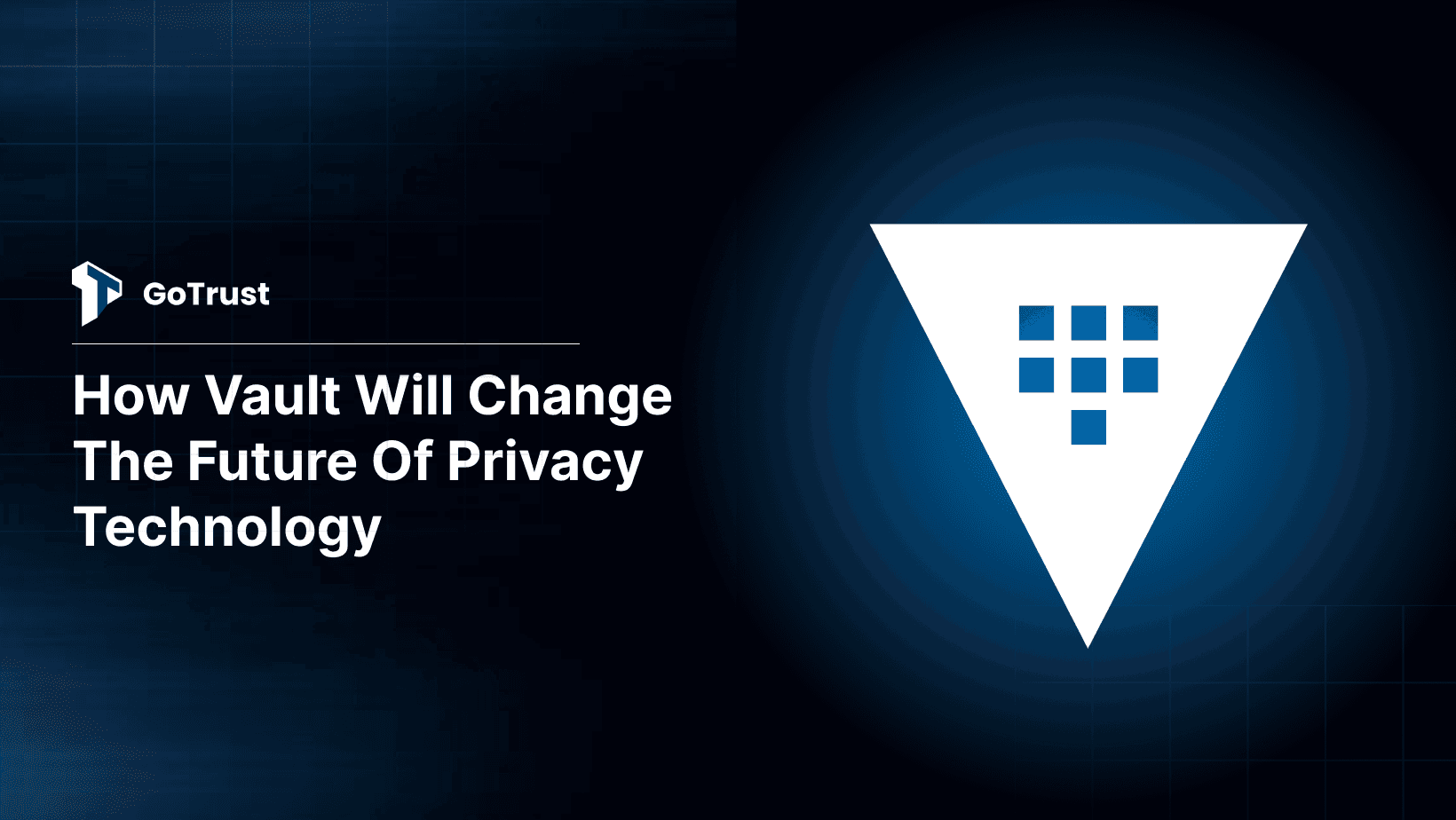Oct 3, 2024
Article by
In the evolving world of data privacy tech, Data Vaults have become a critical solution for managing sensitive data securely while ensuring compliance with regulations like GDPR, CCPA, and the newer wave of laws such as the DPDPA.
What is a Data Vault?
Think of a Data Vault as a fortified, encrypted database that stores sensitive information—such as Personally Identifiable Information (PII)—but with layers of protection and control. Unlike traditional databases, Data Vaults are designed with privacy-first principles, which align perfectly with today’s regulatory requirements, including data minimization and privacy by design.
Why Data Vaults Matter for Compliance
One of the key principles of global privacy laws is data minimization—only collecting and storing what’s necessary. A Data Vault allows you to enforce this principle by compartmentalizing and encrypting sensitive data, and giving access only to those who need it.
Organizations face increasing pressure to demonstrate transparency over how they handle personal data. A Data Vault not only ensures security but also provides an auditable trail that makes it easy to track how data is accessed, processed, and shared. This makes meeting regulatory requirements more seamless, especially in response to subject access requests or during audits.
Granular Access Control: Minimizing Risk
A major concern for organizations is limiting who can access sensitive data. This is where Data Vaults shine. With Role-Based Access Control (RBAC), Data Vaults can restrict data access down to specific roles within the organization. This ensures that only authorized users can view or manipulate certain types of personal data, thereby minimizing the risk of breaches and unauthorized data handling.
The Competitive Edge: Data Protection by Design
Regulators like the GDPR mandate that organizations implement data protection by design and by default—meaning privacy safeguards should be embedded into the system from the outset, not added as an afterthought. Data Vaults inherently follow this approach. By designing systems that automatically protect data at every level—whether it’s encryption, access control, or auditability—Data Vaults help organizations ensure end-to-end compliance.
Additionally, as companies increasingly adopt multi-cloud or hybrid cloud environments, Data Vaults offer the flexibility to integrate with existing IT infrastructures while maintaining compliance.
Future-Proofing Data Privacy
The rapid pace of regulatory change makes a one-size-fits-all approach to privacy obsolete. With newer laws like the Digital Services Act and the AI Act surfacing, privacy compliance is more dynamic than ever. A Data Vault provides the foundation to scale your privacy efforts—whether it’s accommodating new legal frameworks or supporting complex business functions.
By leveraging Data Vaults, organizations can be proactive in their privacy posture, ensuring they are always a step ahead of both regulatory requirements and potential data breaches.
Conclusion: Is Your Privacy Infrastructure Ready?
In today’s data privacy compliance landscape, Data Vaults are no longer a luxury—they’re a necessity. Organizations must think beyond traditional data storage and focus on robust, privacy-centric solutions that ensure security, transparency, and compliance. A Data Vault doesn’t just protect data; it strengthens your entire privacy ecosystem, future-proofing your operations in an increasingly regulated world.
Whether you're tackling GDPR, CCPA, or preparing for the next wave of regulations, Data Vaults provide the cutting-edge tech you need to stay compliant and secure.
FAQs
What is Data Vault and how does it help with data privacy compliance?
Data Vault is a secure data storage architecture designed to manage sensitive information while ensuring compliance with privacy regulations. It enables organizations to store Personally Identifiable Information (PII) in an encrypted format, allowing for granular access controls that limit who can view or process this data. By implementing data protection by design, Data Vaults help organizations adhere to principles of data minimization and transparency, making it easier to respond to audits and regulatory requests.
How does Data Vault enhance enterprise data security?
Data Vault enhances enterprise data security through encryption, ensuring that sensitive information is neither accessed by unauthorized individuals nor misused. It gives enterprises control over who accesses the data in various ways, allowing only authorized persons to access or manipulate sensitive information. This prevents cyberattacks and data breaches from both external hackers and internal violations.
How does Data Vault help enterprises achieve compliance?
Data Vault simplifies compliance by streamlining essential functions like user consent handling and making it easier to respond to data subject requests. For example, it tracks who has agreed to data collection and facilitates requests to access or delete data. This helps firms comply with data privacy laws such as the GDPR without needing to manage each task individually.
Will Data Vault be well-positioned to keep up with changes in data privacy laws in the future?
Yes, Data Vault is designed to evolve according to changes in privacy laws. From shifting regulations to the introduction of new legislation, Vault can continuously update its features to ensure that businesses remain compliant with current requirements. Consequently, companies will continue to protect personal data without the burden of manually updating their systems.


